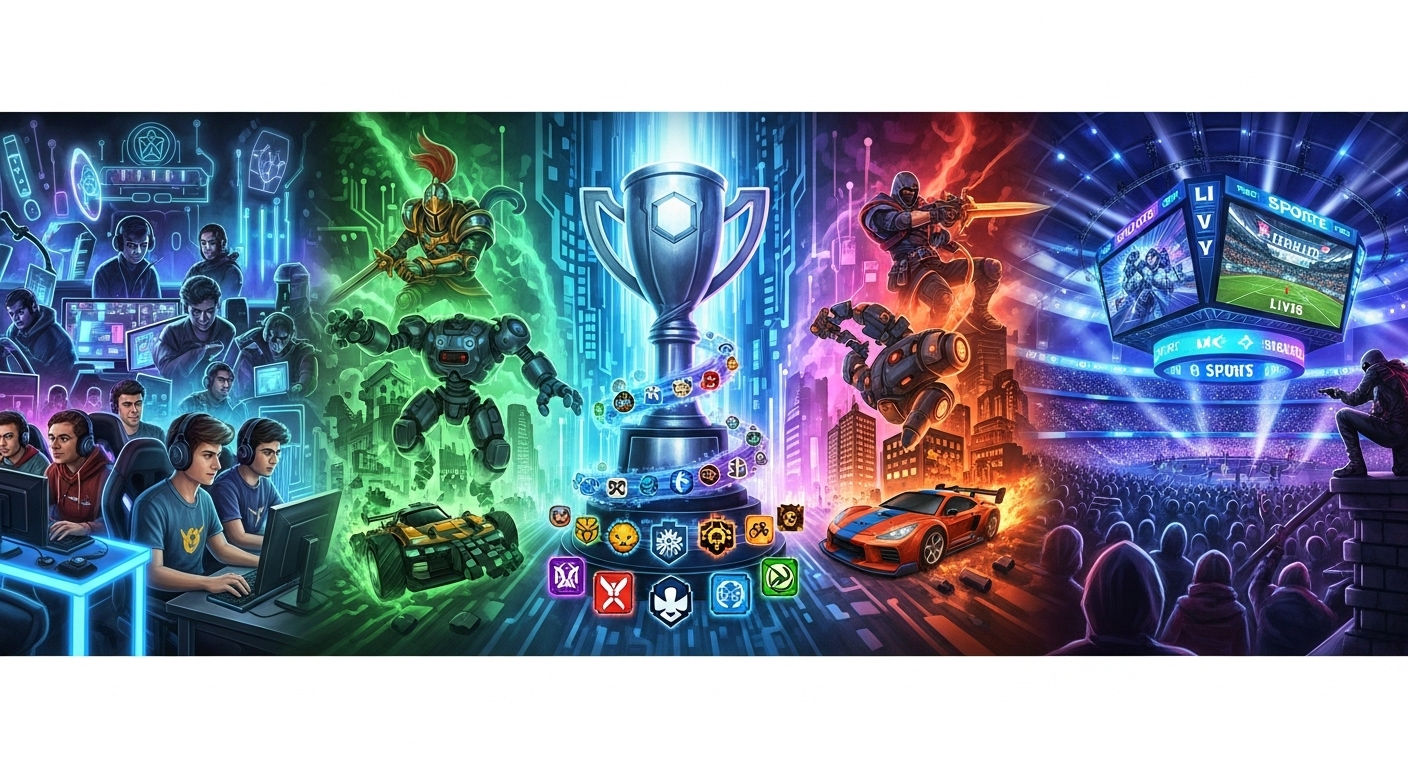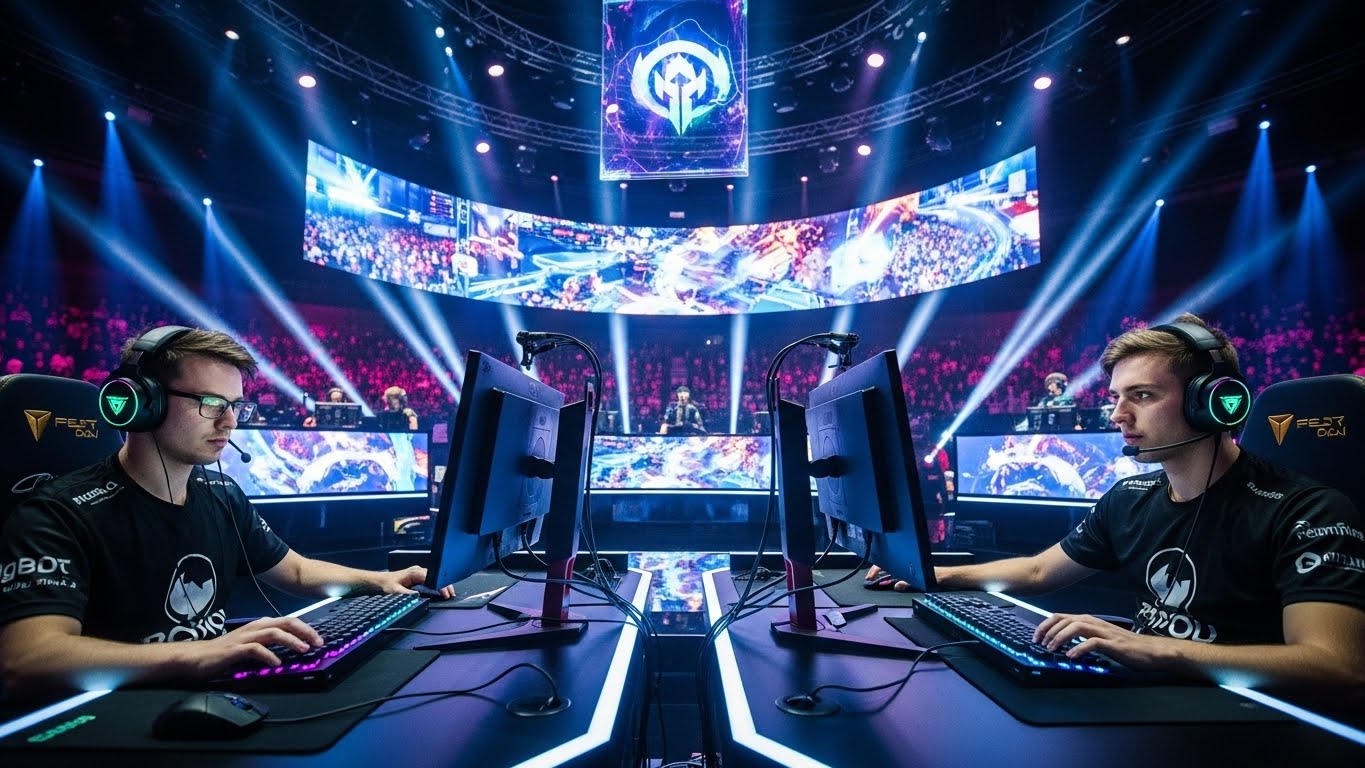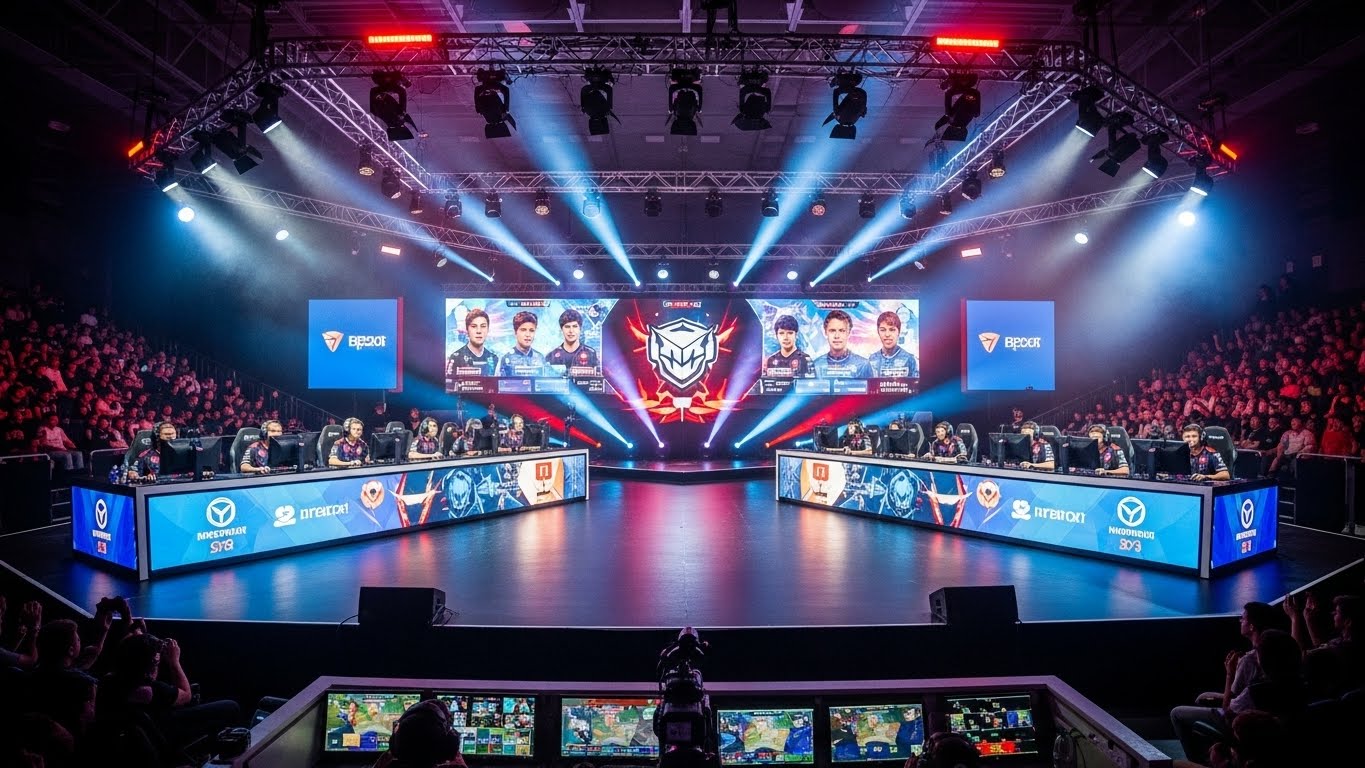Esports, or competitive gaming, has grown from a niche hobby into a global powerhouse, captivating millions of fans and reshaping the landscape of sports and entertainment. It combines strategy, skill, teamwork, and technology to create a high-stakes, adrenaline-fueled experience that rivals traditional sports.
The Evolution of Esports
The roots of esports can be traced back to the late 20th century, when players competed in arcade and console games for fun or small prizes. With the rise of the internet and online multiplayer games, competitive gaming evolved rapidly. Titles like StarCraft, Counter-Strike, and League of Legends transformed casual play into organized competitions with international audiences.
Today, esports tournaments fill arenas, attract sponsorships, and offer prize pools worth millions of dollars. Platforms streaming live events allow fans around the world to watch their favorite players compete in real-time, making esports a truly global spectacle.
Popular Esports Games
Esports encompasses a wide variety of games across different genres. Multiplayer online battle arena (MOBA) games, such as Dota 2 and League of Legends, focus on teamwork and strategy. First-person shooters (FPS) like Counter-Strike and Call of Duty test reflexes and precision. Sports simulation games, including FIFA and NBA 2K, bring traditional sports into the digital arena.
The diversity of games ensures that esports appeals to a broad audience, from casual fans to hardcore competitors. Each game has its own community, culture, and competitive scene, creating opportunities for players of all skill levels.
The Impact of Esports
Esports has become more than just a game—it is a platform for social connection, professional growth, and cultural influence. Competitive gaming improves strategic thinking, hand-eye coordination, and teamwork. Players learn how to make quick decisions under pressure, a skill that extends beyond the gaming world.
The industry has also created career opportunities in areas such as coaching, broadcasting, event management, and content creation. Professional players can achieve celebrity status, inspiring a new generation of gamers to pursue their passions seriously.
Challenges in the Esports Industry
Despite its growth, esports faces challenges. Mental health and burnout are common among professional players due to intense schedules and high-pressure environments. Fair play, cheating, and maintaining integrity in competitions are ongoing concerns.
Additionally, accessibility remains an issue. Not everyone has access to the high-performance equipment and stable internet required to compete at the top level. Bridging this gap is essential to make esports inclusive for all aspiring players.
The Future of Esports
The future of esports looks brighter than ever. Advancements in virtual reality and augmented reality could bring even more immersive experiences to both players and fans. Global tournaments will continue to grow in scale, with more investment from brands, sponsors, and streaming platforms.
Esports will also likely integrate further with traditional sports, education, and entertainment, solidifying its position as a mainstream cultural phenomenon. Its influence on technology, media, and social communities ensures that esports will continue to shape the future of digital entertainment.
Conclusion
Esports has transformed the way we think about gaming, competition, and entertainment. It is a dynamic, fast-growing industry that combines skill, strategy, and community in ways traditional sports often cannot. As esports continues to evolve, it will remain a thrilling arena for players, fans, and innovators around the world.



